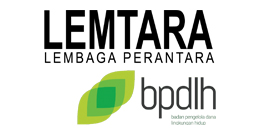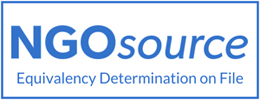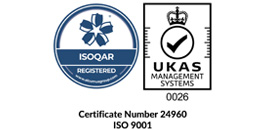Funded by
Yayasan Konservasi Alam Nusantara (YKAN)
Document
YKAN/SAMARINDA/PENA102521
Budget
IDR 267.000.000
Period
October 28, 2021 – February 19, 2022
Description
The concept of the Kaltim Hijau development, which was declared in 2010, is a manifestation of the agreement and the spirit of togetherness of the development stakeholders in East Kalimantan. To accelerate the achievement of economic development transformation programs based on the use of renewable natural resources, collaborations from all elements of development must be built and developed. To involve more stakeholders and initiatives that would enable Kaltim Hijau’s goals to be achieved broadly and equitably, what was later called the Green Growth Compact (GGC) or the East Kalimantan Green Development Stakeholder Agreement.
Compact which in free translation means non-binding agreement of the stakeholders, is the development of commitments at the site level to support commitments at a wider level. The process will support negotiations and the development of agreements between the stakeholders that emphasize the cooperation needed to achieve green development goals. GGC is a “framework of agreement” that provides guidance and a platform for stakeholders to develop more operational plans and policies, and various actions based on existing regulations and policies, as well as the company’s operating system that has been developed to achieve common goals. In simple terms it can be stated that GGC is a forum for the process of strengthening and expanding the collaboration of the stakeholders to achieve common goals. In a programmatic framework, the green development agreement program or GGC is a supporter of the achievement of all the goals and ideals of the Green Kaltim program. Kaltim Hijau’s goals are to reduce emissions, reduce deforestation, and increase economic growth throughout the province of East Kalimantan. This support effort was created through the involvement of stakeholders from all levels in East Kalimantan. Not only from groups of private business actors, but also local government institutions, the central government, as well as non-governmental organizations to universities.
In terms of implementation in East Kalimantan, the Regional Council for Climate Change of East Kalimantan with the support of strategic partners will be the leading organization that will facilitate the communication, coordination, and implementation processes, both regarding agreement development, preparation of road maps and detailed plans as well as implementation and monitoring of agreements built.
To date, 11 initiative models have been developed which are considered to be able to provide lessons for efforts to achieve the goals of Green East Kalimantan. The eleven initiative models are more focused on various land-based or mitigative efforts. This initiative model will continue to grow, especially in adaptive efforts to reduce emissions and improve the environment in East Kalimantan.
Of the eleven initiative models that were developed, most were developed through a support organization or back bone organization. This organizational function is the driving force and trigger for collaborative processes that are built together. For the purpose of rolling the processes in this initiative model, resources are needed. Therefore, it is important to support the availability of sustainable funding resources both for initiative models and for back bone organizations.
Funding
This program is supported by Yayasan Konservasi Alam Nusantara (YKAN) World based document Agreement YKAN/SAMARINDA/PENA102521 on October 28, 2021 with total funding support of IDR 267.000.000,-





